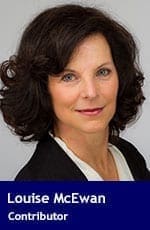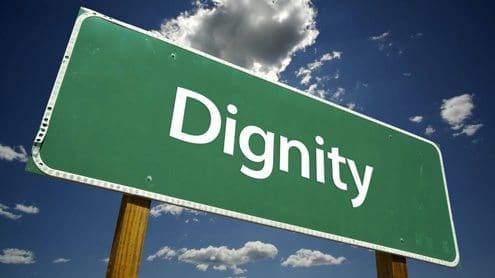 I recently attended the first day of a two-day poverty reduction summit. At the end of the first day, participants were enthusiastic and hopeful. There was a feeling of optimism about our ability to create a community where all individuals, regardless of income, could thrive.
I recently attended the first day of a two-day poverty reduction summit. At the end of the first day, participants were enthusiastic and hopeful. There was a feeling of optimism about our ability to create a community where all individuals, regardless of income, could thrive.
The summit followed an appreciative inquiry process. Appreciative inquiry (AI) developed out of a business organizational model and has been used successfully in other sectors to shift the prevailing paradigm. AI changes the culture through a process that engages people’s hearts. It encourages people to dream big together and, in doing so, to shape their collective future.
The AI process begins with a carefully-crafted question that’s intended to generate creative responses to a problem while building on the positives already in place. The process results in the creation of a plan that participants carry forward to advance the dream.
The question that sparked the participants’ imagination at the summit I attended was: “How do we create a community in which everyone is thriving and feels included?”
Working through a series of activities in small groups, participants began the day exploring their ideas and experiences around thriving. During one activity, I was in a group with a woman who faces barriers and lives in poverty. We were asked to describe our understanding of what it means to be thriving. While the rest of us had some pretty good philosophical and academic understandings of thriving, this woman spoke simply and humbly. Her remarks were moving and their substance was powerful.
Thriving, she said, means having a few dollars left over to do something fun after the rent is paid. It means not worrying about having enough money at the grocery store checkout. It means having a decent and safe place to live. It means being able to go to an arts performance or to the pool. She felt that being able to have a pet would help her thrive. She thrives when she feels connected with others, when she has friends and when others respect her.
This woman’s understanding of thriving expresses a common human longing. We want enough economic security to ensure our material and emotional well-being. We want others to recognize our dignity and worth. We want to belong and to be cherished.
Later in the day, in different groups, we created a dream vision poster of our ideal community in five years. Participants envisioned a community with common gathering spaces, green and/or natural environments, food security, reliable transportation, affordable and/or supported housing, vibrant downtowns, educational opportunities for all ages, and intergenerational activities in which everyone, regardless of income, could participate and would be welcome. Some of these elements (housing, income opportunities, food security, education) are consistent with the Tamarack Institute’s poverty reduction game changers.
In addition to game changers, we may need to change our attitude towards those who are on the fringes of our communities.
A participant at the summit hit the nail on the head. If we want to create a community where all individuals can thrive and are included, we can begin by honouring the dignity inherent in each person. He succinctly expressed this attitude in the statement, “Your well-being is as important as my own.”
Louise McEwan has degrees in English and Theology. She has a background in education and faith formation.
Louise is a Troy Media Thought Leader. Why aren’t you?
The views, opinions and positions expressed by columnists and contributors are the author’s alone. They do not inherently or expressly reflect the views, opinions and/or positions of our publication.

